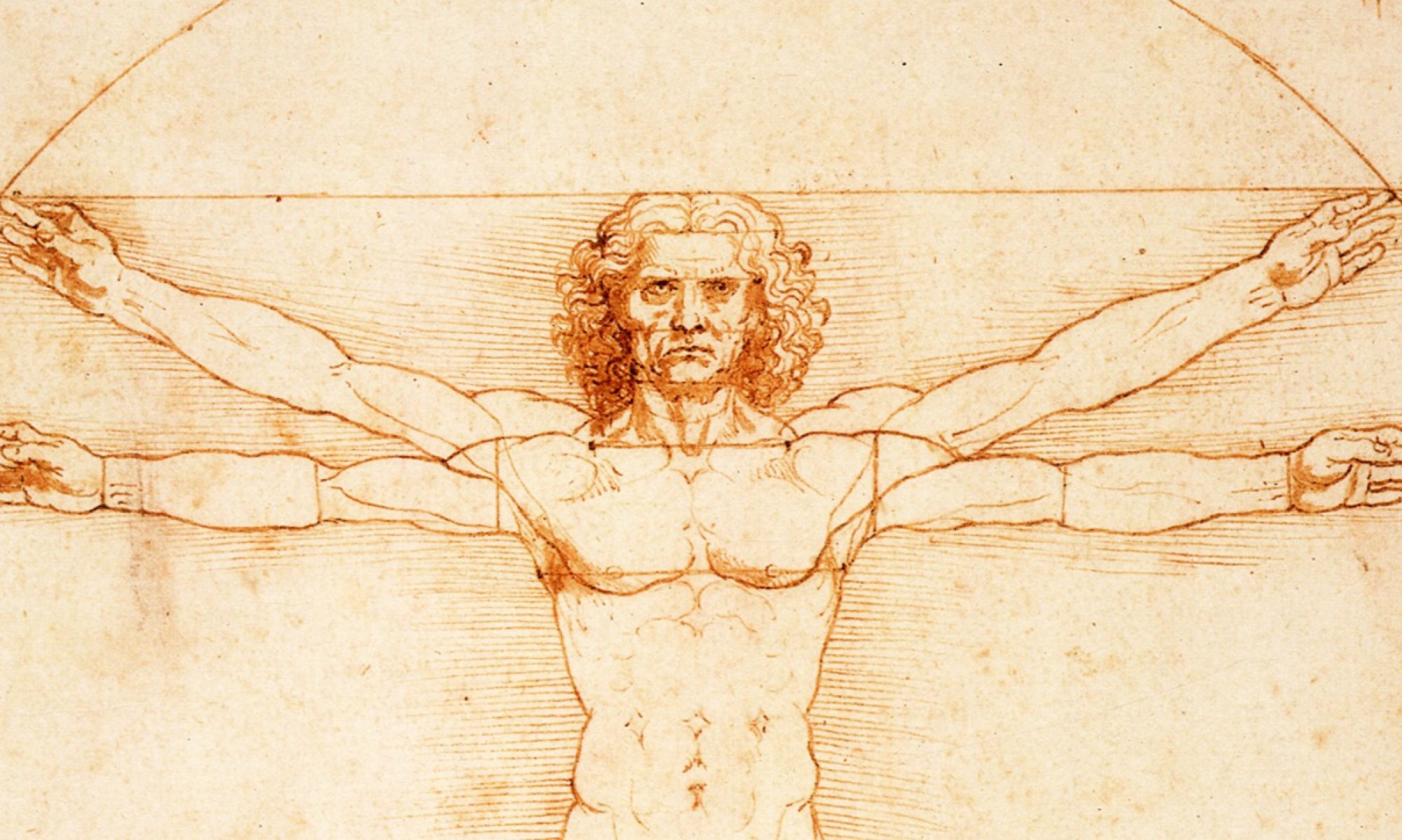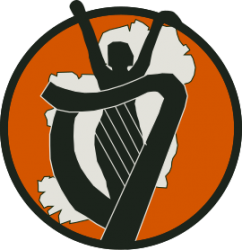If I were king I would attempt to eliminate the concept of ‘greed’ as a driving force which motivates people. Instead, I would attempt to instill ‘quality of life’ as the primary driving force. It has long been said (and proven correct) that ‘Power Corrupts and Absolute Power Corrupts Absolutely’. It has also been proven correct that to have power one needs money — a lot of it. For many decades, in order to become president of the USA one required many millions of dollars or at least access to many millions of dollars. This narrows the field of candidates dramatically since very few people have this amount of money or even access to it. It is somewhat similar if not quite as dramatic in other democratic countries. Therefore, if I were king I would take money out of the equation. Money creates imbalances. Some people have (by chance) a higher ability, in many different ways compared to others. Essentially, when money is a primary motivation driving force some people are more fortunate than others. These people have in a sense ‘won the birth lottery’. Others, through no fault of their own fared worse in this ‘birth lottery’. To balance this, we must create a different society. To create a different society a critical mass of the public must be convinced of this concept. They must be persuaded to undertake the ‘Spock’ assertion: “The needs of the many must prevail over the needs of the few, or the one”. They must be persuaded to potentially accept a loss for themselves in exchange that others, not as fortunate can live lives equally as comfortable. In today’s world this redistribution of wealth occurs through taxation, whereby a portion of an earners salary or wages is deducted and spent by the government in various ways. Moreover, many people give money freely to various charities or voluntary organisations.
Therefore the concept of giving is already quite prevalent. By removing money entirely from the equation we have a further advantage. Crime will be reduced if not entirely wiped out, thus improving peoples quality of life. Courts would be largely irrelevant, prisons largely empty and therefore peoples everyday life much pleasanter as they would feel safer walking the streets and going about their daily life.
All manner of daily life-education, transport, politics, hospitals , doctors, nurses, policing, industry, trade and commerce would be conducted without money as the primary driving force. Citizens would choose their own career, not because of money as an inducement but because of the enjoyment and personal satisfaction they would get from it. Jealousy and resentment would not become an issue since everyone would have the same amount. Builders, carpenters, electricians, doctors, teachers, taxi drivers would work in harmony and peace working for satisfaction rather than living to work.
It’s probable that depression and mental health complications would be reduced as would stress levels leading to better health all round. A happier people would therefore be a healthier people, living longer, and being more productive with it.
Doubtless, there would be objectors. Free marketeers would cite the above proposal as ‘Communism’ which has an emotional undercurrent. Others would cite issues such as ‘inefficiency’ since money would no longer be the driving force.
In order for this ideal to prevail a sea-change in peoples attitude and value system must be undertaken. A microcosm of the above policy must be implemented over a prolonged period of time. This would probably be the only means of allaying peoples fears since fear is also a primary motivating factor among people. A relatively large body of people and land would be required to conduct this ambitious societal experiment. To achieve this microcosm of society a focus group of influential members of the public must be activated and persuaded to ‘take the gamble’ and allow the experiment proceed for a reasonable time frame-say 10 years. Housing and food must be provided naturally. During this time period no outside involvement must be undertaken in order to properly assess its success/failure other than to review and analyse its progress. In other words the experiment must be conducted in as near as practicable in a vacuum. This is the only manner through which an objective assessment can be made.
Following a ten year period a proper assessment can be made as to whether it is possible or practicable to extend the practice.

